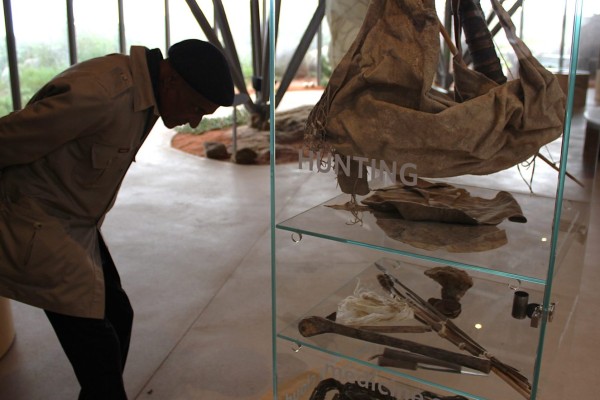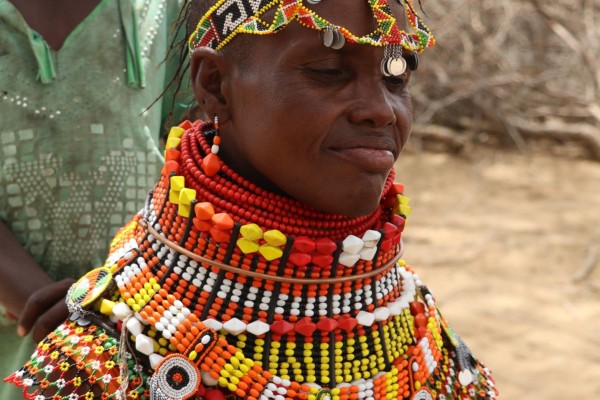On 6 September 13, Natural Justice and the Berne Declaration sent an letter to the Members of the European Parliament regarding the implementation of the Nagoya Protocol on Access to Genetic Resources and the Fair and Equitable Sharing of Benefits Arising from their Utilization (Nagoya Protocol) in the European Union.
The original Draft Regulation on Access to Genetic Resources and the Fair and Equitable Sharing of Benefits Arising from their Utilization in the Union presented by the European Commission (EC) in October 2012 (Draft ABS Regulation) included a number of short comings, including the fact that user obligations were only going to be triggered by the physical access of genetic resources in the provider country post ratification of the Nagoya Protocol. When the Draft was considered by the Committee on the Environment, Public Health and Food Safety (ENVI Committee) on 4 July 2013, the ENVI Committee adopted a number of amendments that addressed some of these short comings, including the modification of the scope of the regulation to include new and on-going utilizations of genetic resources (GRs) and traditional knowledge (TK). In their letter, Natural Justice and the Berne Declaration urge Members of the European Parliament to adopt the balanced proposal tabled by the ENVI Committee without further amendments.
The two organizations argue that if the ENVI Committee text were amended to revert back to access-based trigger points for user compliance, the European Regulation implementing the Nagoya Protocol would not apply to the new utilization of GRs and TK accessed before its entry into force, even when the use of such GRs and TK is newly initiated or the GRs or TK has been accessed illegally. They underscore that this approach would undermine the Nagoya Protocol’s principles in relation to the fair and equitable sharing of benefits, be inconsistent with an overwhelming body of ABS laws of provider countries, thereby increasing legal uncertainty for European users, and would lead provider countries to take extensive control measures at the moment when GRs are taken out of the country, regardless of the purpose for removal. Similar and additional arguments were submitted to EU MEPs by the African Union on behalf of the African Group on 9th September.
The upcoming vote at the European Parliament in the coming days is key as it will set the path of the next negotiation phase. In order to ensure a greater legal certainty for providers and users of GRs, as well as to facilitate access to GRs for European users and consistency with the spirit of the Nagoya Protocol, Natural Justice and the Berne Declaration therefore call for the adoption of the proposal tabled by the ENVI Committee in its current form.







